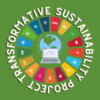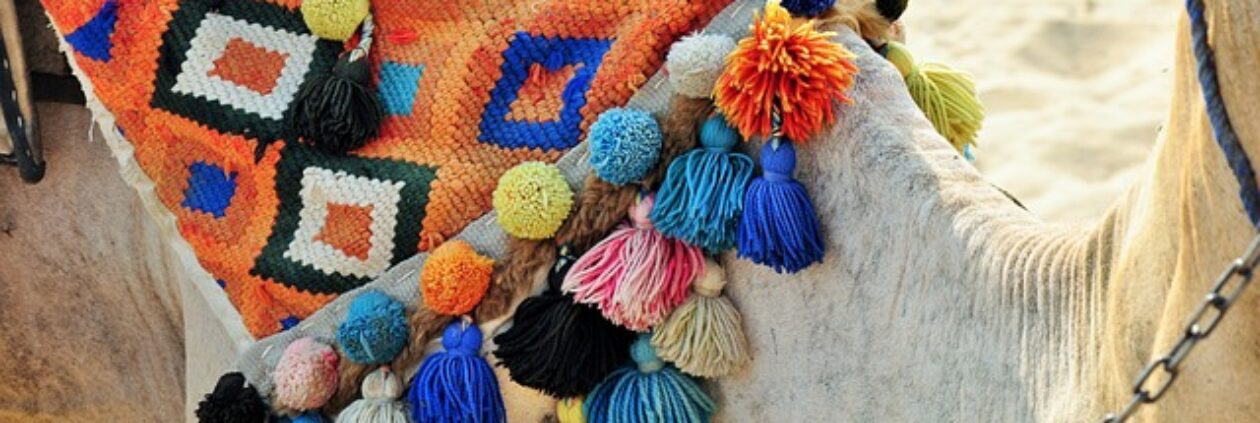Over the course of this collaboration, you have engaged with diverse creative texts. These short stories and films offer a hint to the wide interests and richness of Egypt’s cultural productions and examine various themes and aspects of Egyptian history, culture, and experience. In class, you have been learning more about the historical and biographical contexts of the texts and/or about approaches to literary analysis and interpretation. You have been sharing this expertise with your group through the Wakelet posts and literature circle conversations.
The culminating assignment in the collaboration asks groups to engage more directly with the project focus of sustainable development. Each group will complete and present a collaborative project that examines and offers an analysis of one of the course texts through the lens of sustainability.
As a group, you may choose which text to focus on. Your group may use the linked SDG for that text or select a different one. In addition, the medium of the project is open—it may take the form of a presentation, a video, a multimedia essay/blog post, an infographic or poster, a website, a game, etc. Creativity and thoughtfulness are valued. Think about the most appropriate medium for presenting your specific ideas. Consider the audience to be not only each other, but also an outside audience interested in what literature and film may have to contribute to the sustainable development goals.
Questions your group might consider:
- In what ways does the text connect to the specific goals and targets of that SDG? (What passages/scenes in the text would you use as evidence? What specific goals or targets of the SDG seem most relevant?)
- What does the text suggest about the importance and implications of that SDG?
- How does the text highlight the complexities and challenges of addressing the SDG?
- What is the role(s) of literature or film, more broadly, in promoting or contributing to sustainable development?
Final projects should incorporate specific evidence from the selected text and SDG.
Final projects will be presented informally in a live Zoom session on Wednesday, March 8th (12:30pm EST / 9:30pm GST) and posted to the public project website. In addition, particularly high-quality projects may be selected to be included in an end-of-year symposium for the full Transformative Sustainability Project.
Structuring Work Tasks
Creating a successful project will require organization, initiative, and communication – the key skills of collaboration. Below is a *suggested* timeline and planning tasks; what works best for timing and tasks will depend on your group’s project ideas.
Week of Feb 20 – 26
As a group:
- Select your text and the SDG (the linked SDG or a different one?)
- Set up communication plans: WhatsApp? Email? Google Docs? Other?
As an individual:
- Review the UN material on the relevant SDG
- Review your own notes (from reading, Wakelets, and discussion)
- Brainstorm links and ideas
Week of Feb 27 – March 5
As a group:
- Share/Meet to discuss ideas on links between the text and SDG
- Decide on the medium of the project and plan content
- Delegate specific tasks
As an individual:
- Work on your specific task
March 4-7
Complete project work
Final project to be presented in live Zoom session on Wed. Mar 8: 8-10 minutes at start to meet in groups, followed by 5 minutes (maximum) presentation of project.
Assessment
The collaborative final project is 10% of the project grade. Projects will be assessed on the following criteria:
Content:
- Effective use of evidence from text and SDG
- Offers insightful analysis (not just summary) of relationship between text and sustainability
- Presented in a clearly understandable manner (writing, images, formatting, etc)
Product:
- Well-designed and effective medium for the project
- Is appropriately neat and professional

